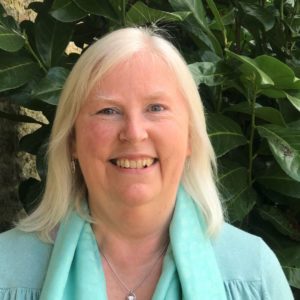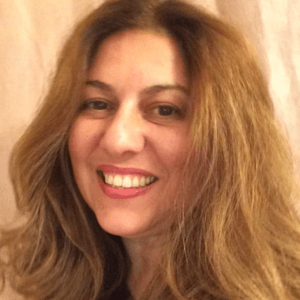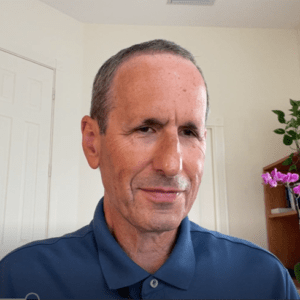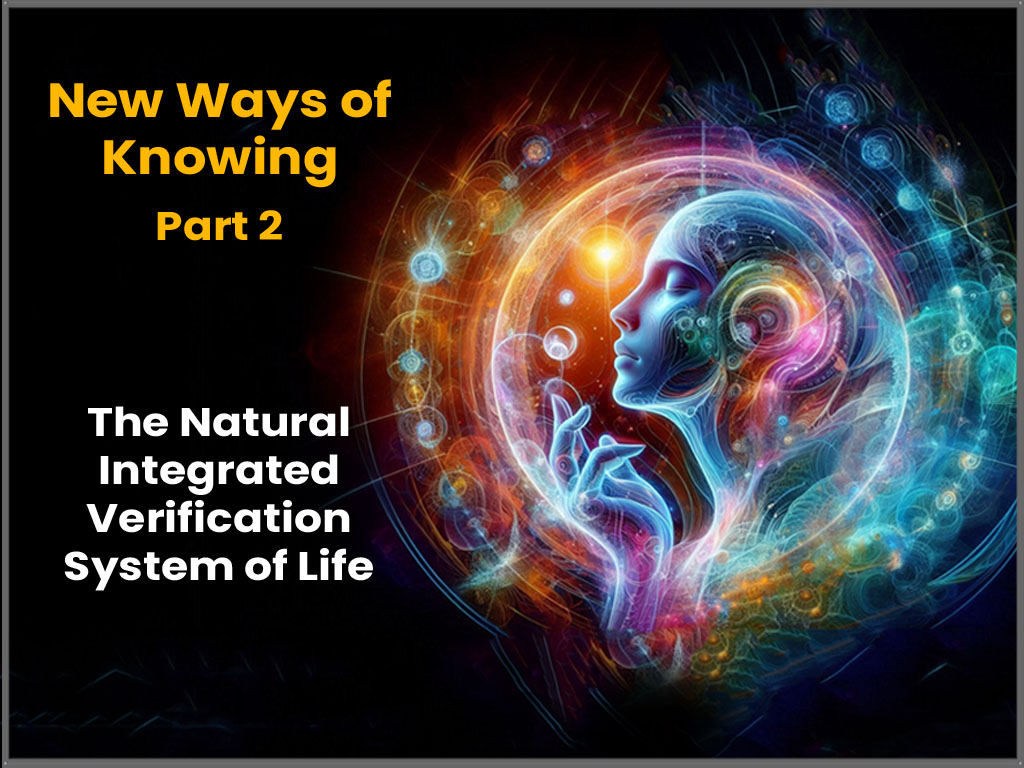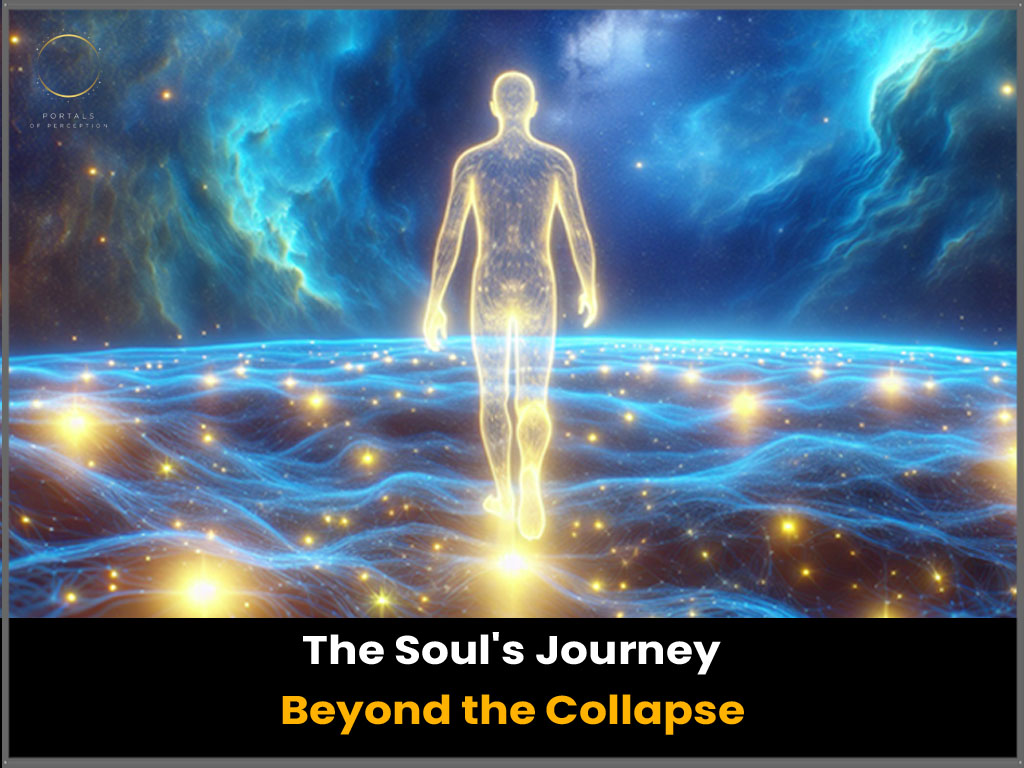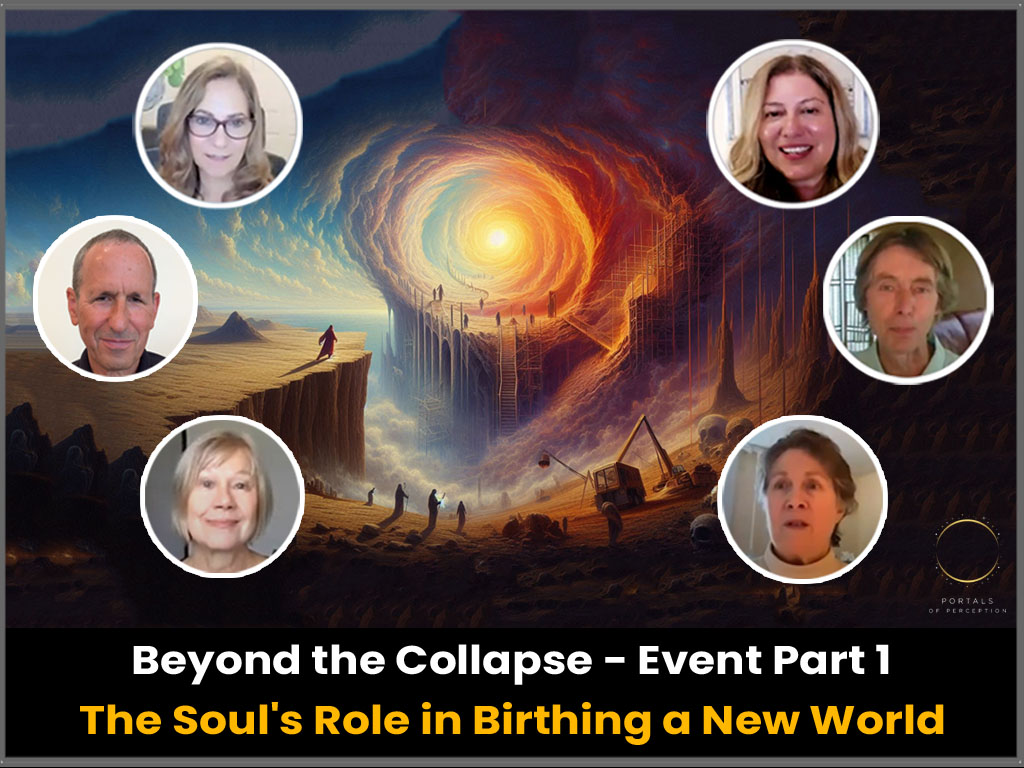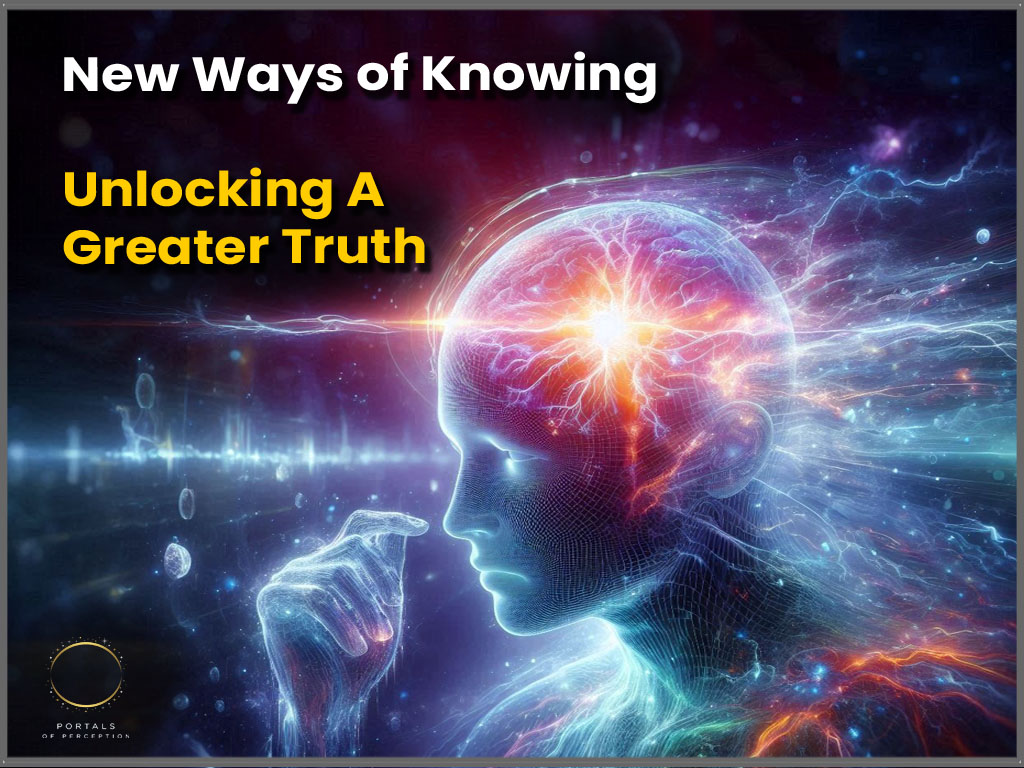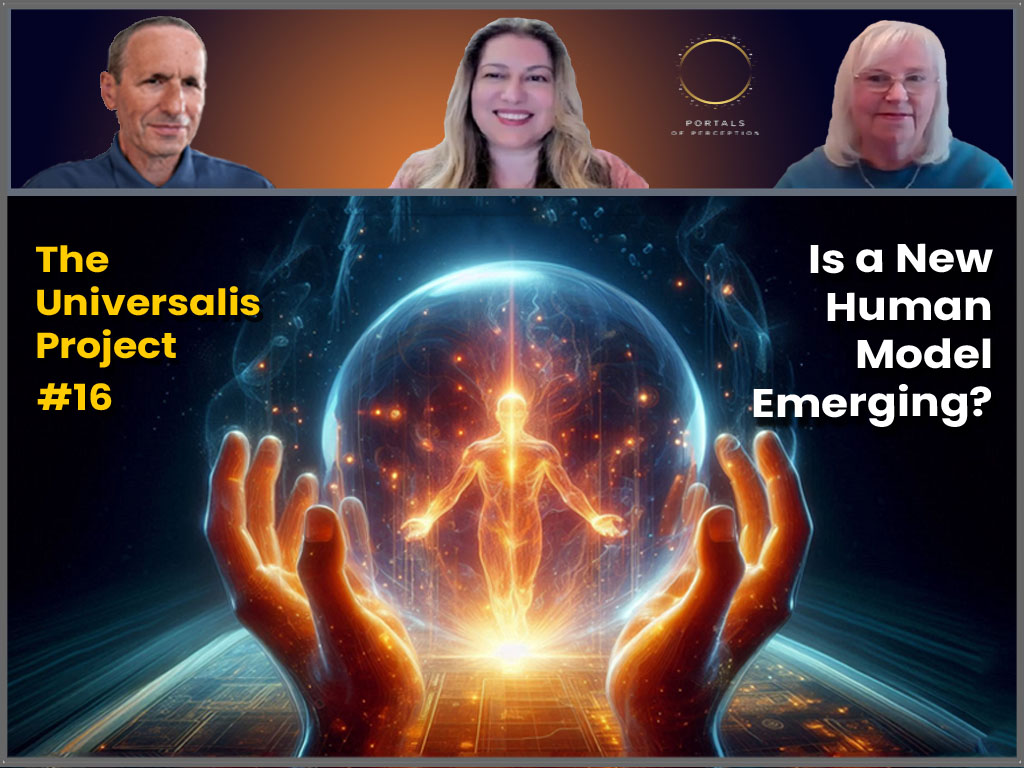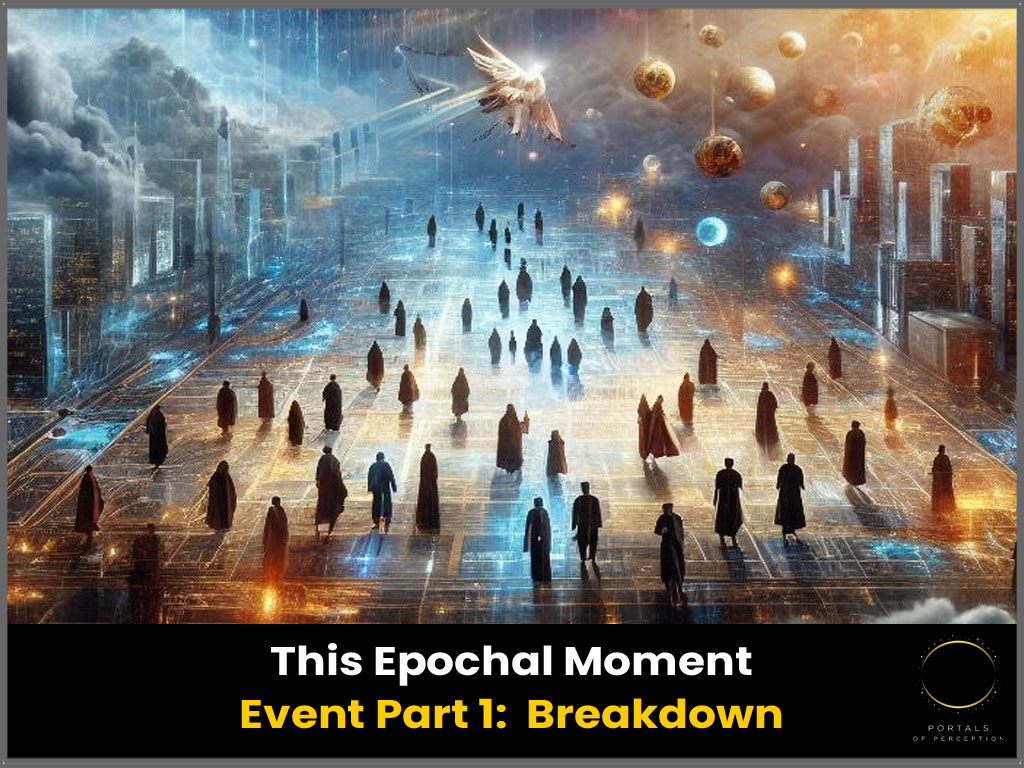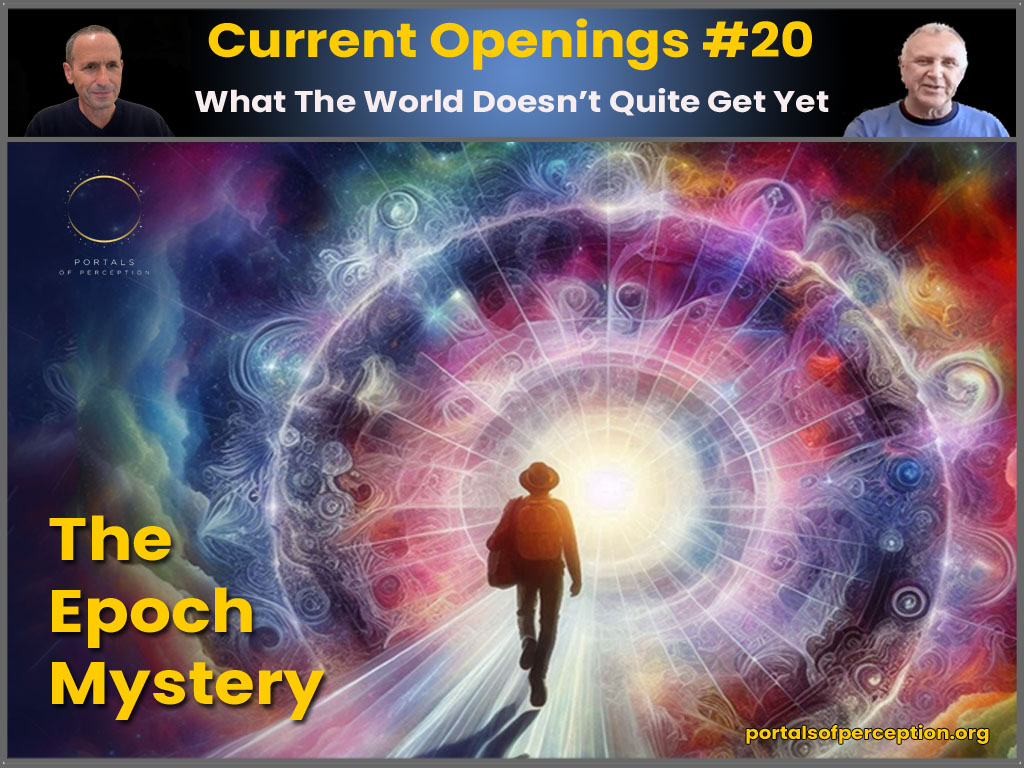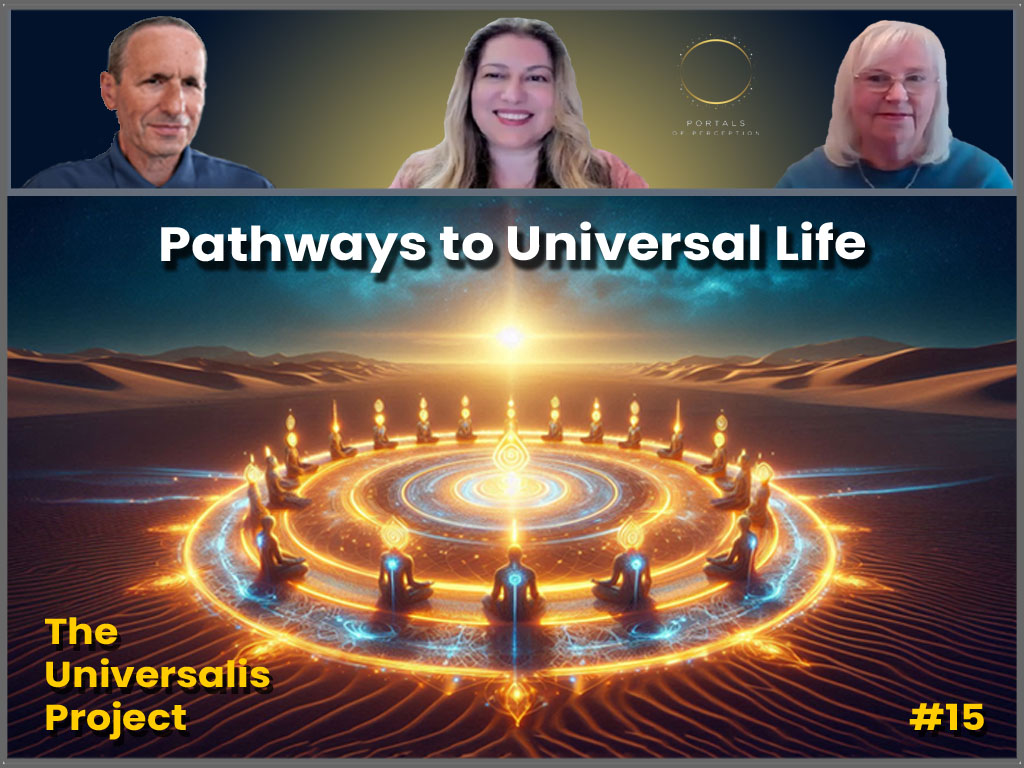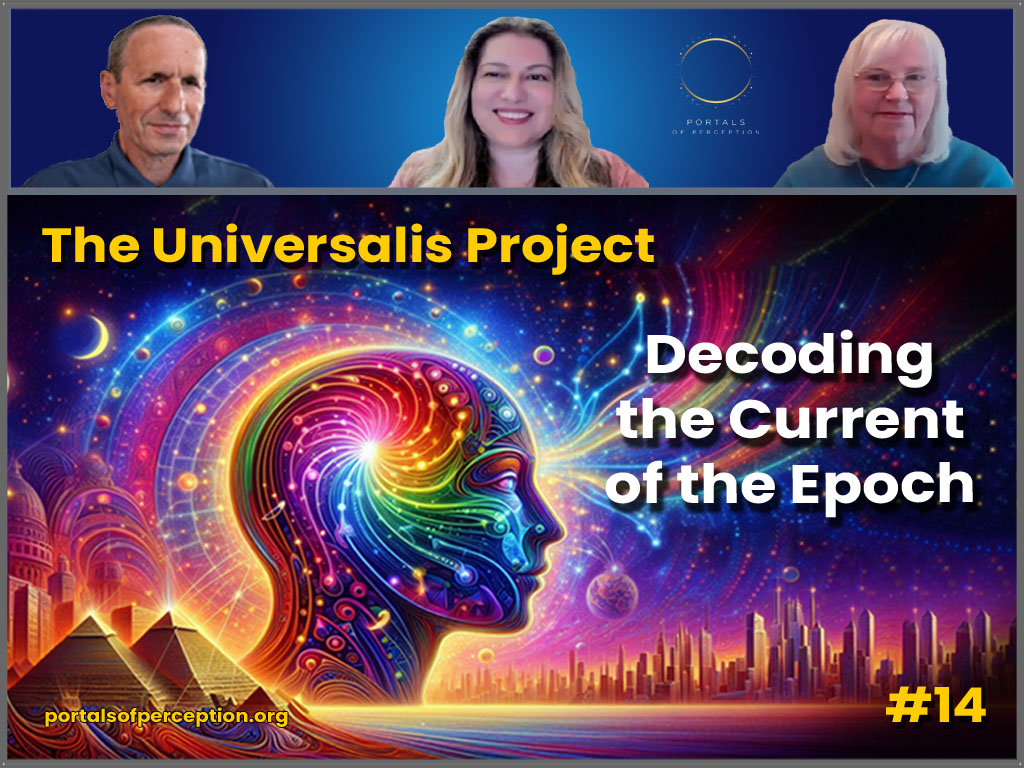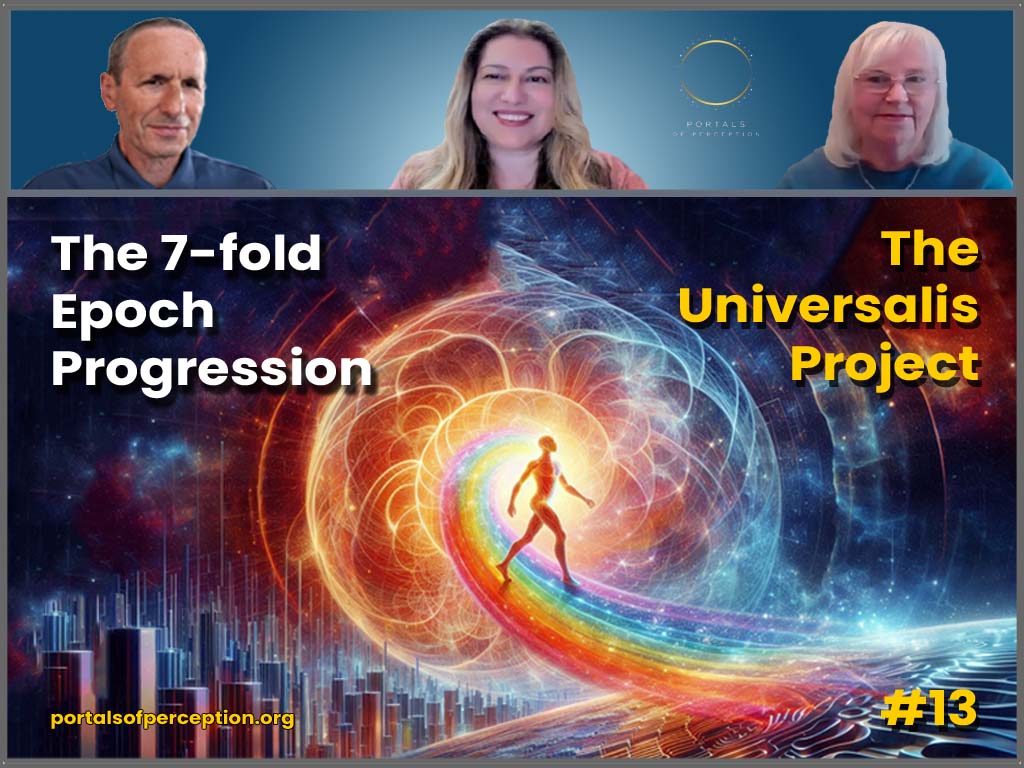To watch the full episode, please log in to your account - or consider becoming a Portal Two level member.
At Portals we seek to offer great content to inquiring minds, and we also want to nourish and grow a thriving community by creating an ecology of practice for engagement and exchange. Your membership supports that potential.
Throughout history, the great questions have been asked, and great research has been undertaken, always expanding the territory of the known by shining a light into the unknown. Where is that cutting edge today? And can a community of people from all over the world, each carrying their own unique journey of discovery, come together to inquire at the edge of purposeful evolution, through dialogue and interaction? We think it is possible, and we hope that you will choose to be a part of this exploration.
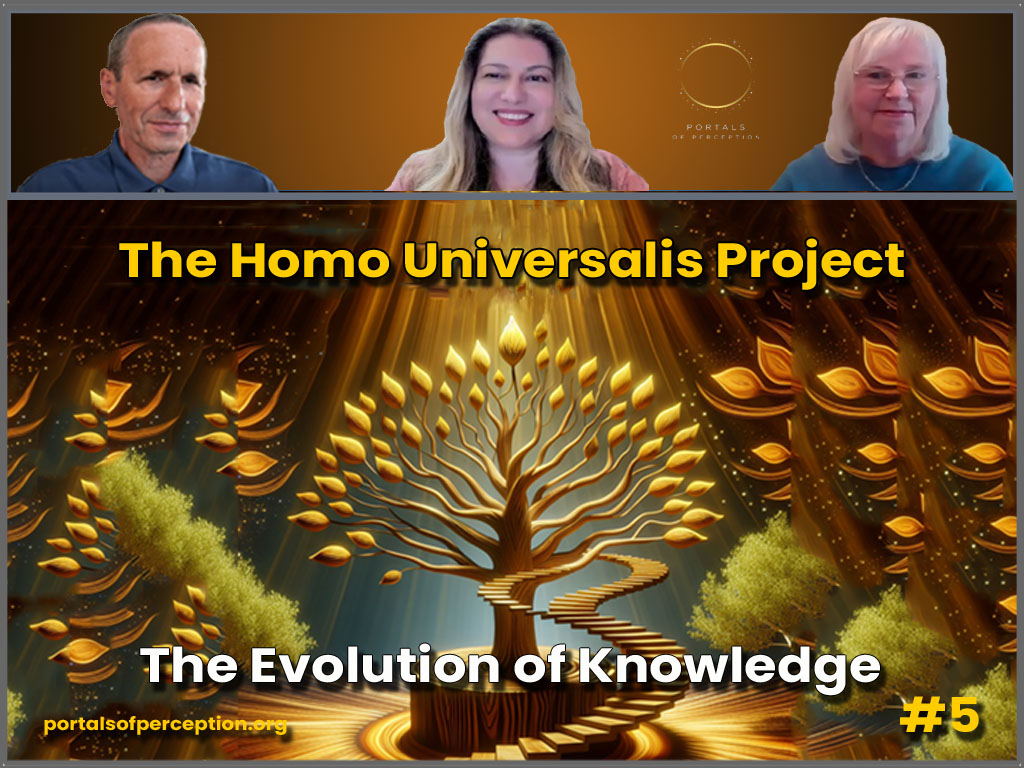
- 00:00 Introduction
- 1:50 What’s so important about building scaffolds in approaching new knowledge?
- 12:01 How do we know what we know?
- 24:51 The refraction of light and the covenant of life
- 40:07 Why is a toddler learning to walk a miracle of acquiring knowledge?
- 1:03:54 Can humanity survive without integrating other forms of learnings?
Most of us probably think we “know” a lot. We’re immersed in information coming at us continually through more digital, physical and sensory channels than we can probably keep track of, even if we tried. How much of this limitless data is actually knowledge that makes a difference in our lives?
If we’re really interested in learning or expanding our awareness, is maintaining a steady flow of information — keeping our brains and minds full — crowding out other deeper, subtler sources of knowledge and intelligence that may be trying to nudge their way onto our radar screen? Of course, this takes us right to the heart of the inquiry: What is knowledge? How do we learn? How do we know what we know?
If we trace the evolution of knowledge through the ages, we will be rightfully awed by the change and progress ushered into humanity by intellectual, scientific and material breakthroughs at different points in history. What activated the capacity in humans of the day to make such breakthroughs possible? Where did the learning and knowledge come from?
As we have been exploring in the Homo Universalis Project series, we are at another key point in evolutionary progress where new capacities are coming online that enable the human to express more of its universal nature and pedigree. What does this mean for the evolution of knowledge?
In this conversation, number five in the Universalis series, Aviv Shahar, Karen Heney and Kyriaki Nikandrou continue to build the scaffolding of our understanding.
- A trace of world history reveals how people processed and acquired knowledge throughout the ages, as human faculties were purposefully activated by the universal program we call the epoch.
- Some concepts of knowledge dismiss a spiritual portal of knowing, where we access knowledge by resonance, clairvoyance, and other emergent sense organs as part of the Universalis activation.
- Appreciating the quality and nature of something is a different capability and knowing than reasoning, or validating, or connecting the dots and mapping, or somatic access to knowledge.
- To say knowledge is power actually means knowledge lives inside an energetic form. Giving someone knowledge gives them a more powerful drive and motivation.
- Materialism appeared for a good purpose but became a thing unto itself that deflates natural inspiration, initiative, and creativity, draining the life out of human possibility.
- The capacity to reason, calculate, evaluate, and verify are critical, but we must not forget that the miracle of life and of a toddler’s ability to learn are much larger and greater.
- The Portals’ inquiry is about knowledge and the human experience, and how we facilitate our development and evolution with each other, our friends, and communities to facilitate the next phase of humanity’s evolution.
The video below is a 25-minute excerpt from the 90-minute conversation
